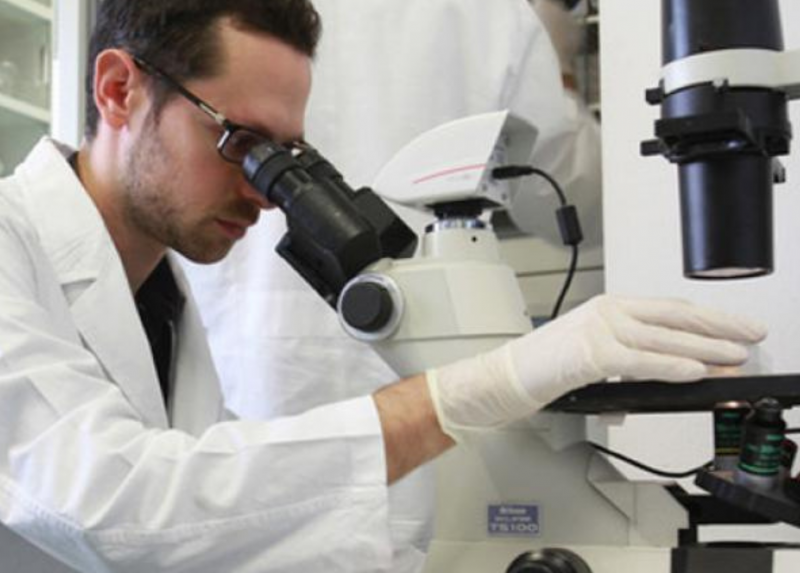0250319821

Research scientist at work
Researchers at the Pediatric Research Center Romeo and Enrica Invernizzi, University of Milan, directed by Prof. Paolo Fiorina in collaboration with Brigham and Women’s Hospital have developed a novel therapeutic strategy for type 1 diabetes, based on nanotechnology which allows to target effector T lymphocytes within the pancreatic lymph nodes and the pancreas.
Findings were just published in the journal Advanced Materials, one of the most prestigious in the field of materials science.
Researchers have developed a targeted delivery platform for type 1 diabetes treatment using high endothelial venules (HEVs)-targeted nanoparticles. The HEV-targeting nanoplatform delivers anti-CD3 antibodies simultaneously to pancreatic lymph modes and pancreas thereby suppressing effector T cells and prolonging the reversal of type 1 diabetes in nonobese diabetic mouse model.
“We have discovered that in the pancreas of NOD mice and of patients with type 1 diabetes exist newly formed HEV” affirmed Paolo Fiorina, Professor of Endocrinology at the University of Milan, Director of the International Center for type 1 diabetes at the Pediatric Research Center Romeo and Enrica Invernizzi, Director of Endocrinology at the hospitals Sacco-Fatebenefratelli-Melloni, “this treatment that has as target the HEVs can be used for a targeted delivery into the pancreatic lymph nodes and the pancreas of immune therapeutics aiming at suppressing with more efficacy autoimmune diabetes”.
In vitro studies on hyperglycemic NOD mice treated with nanoparticles revealed a signification depletion of activated effector T lymphocytes within their pancreatic lymph nodes concomitant with a reduction in the levels of inflammatory cytokines.
Contatti
-
Paolo Fiorina
Dipartimento di Scienze Biomediche e Cliniche
Potrebbero interessarti anche
